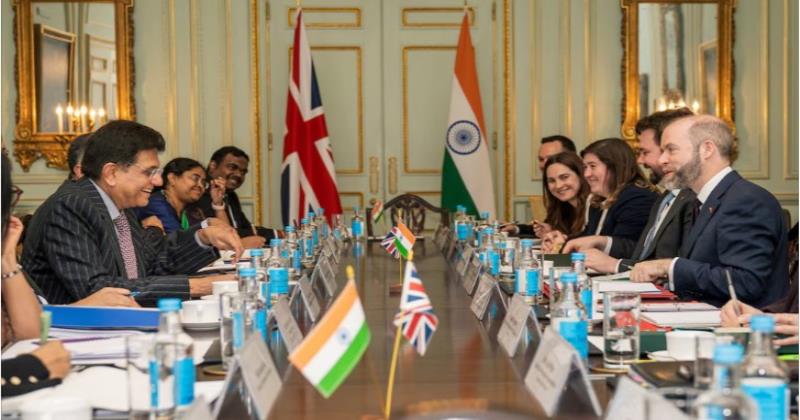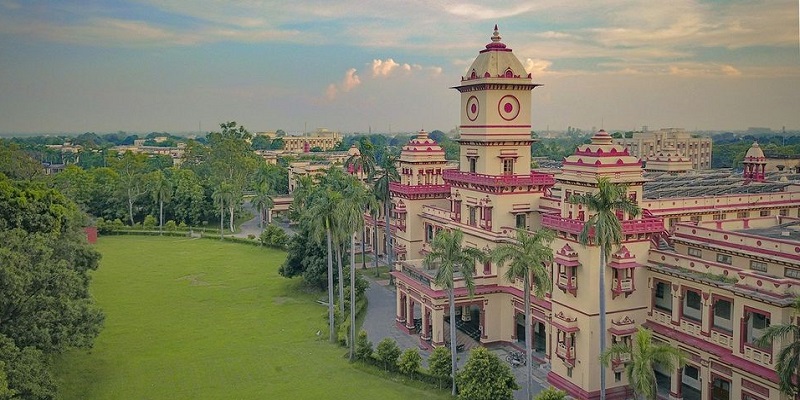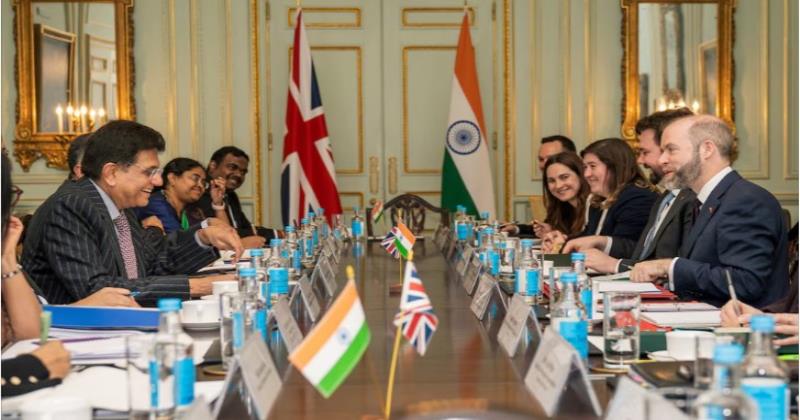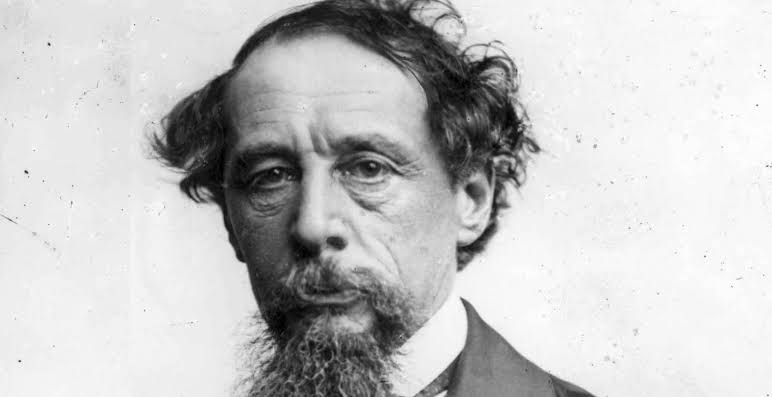India-UK Seal Historic FTA: A New Chapter on Equal Footing

After nearly three years of negotiations, India and the UK have all but finalized a Free Trade Agreement (FTA), marking a significant milestone for both nations. This agreement is Britain's most ambitious post-Brexit trade deal and India's first FTA with a G7 nation, symbolizing a powerful economic partnership between the world's fifth and sixth-largest economies. Prime Minister Narendra Modi's recent visit to London underscored the strategic importance of this deal, moving beyond past large-scale diaspora events to focused diplomatic engagements.
Shifting Global Dynamics
This FTA represents a significant shift in the global economic landscape. The UK, navigating its post-Brexit future, is actively seeking new trading partners, while an increasingly confident India is asserting its position on the global stage. The relationship has evolved from a historical power imbalance to one of mutual benefit, with Indian companies in the UK generating substantial revenue and jobs, and both countries making significant reciprocal investments.
The economic ties are part of a broader "Comprehensive Strategic Partnership" established in 2021. This has led to frequent high-level interactions, including recent meetings between Prime Minister Modi and his British counterpart Keir Starmer. Modi's London visit aims to solidify more than just the trade pact, encompassing discussions with business leaders, policymakers, and even King Charles, indicating a multifaceted diplomatic engagement.
Deepening Strategic Partnership
The FTA offers substantial advantages for both India and the UK. India gains enhanced access to the UK market for key sectors like textiles, seafood, gems, and jewelry, which are vital for employment and exports. For Britain, the deal means greater market access in India for products such as Scotch whisky, automobiles, and cosmetics, catering to India's burgeoning middle class.
India Protects its Farm Sector
Despite pressure, India steadfastly protected its agricultural sector from the FTA's purview. Given the sector's crucial role in employing over 40% of the population and its deep social significance, India prioritized food security and the stability of its farming communities over trade concessions, drawing on past experiences with global trade negotiations.
While full immigration demands were not met, India secured a notable win regarding professional mobility. Although the UK offered a limited visa route for skilled workers, a significant social security exemption for short-term workers was agreed upon. This ensures Indian professionals are not subjected to double taxation, a practical benefit highly valued by expats.
Beyond Trade: Broader Cooperation
The India-UK relationship extends beyond trade and visas into new areas of cooperation. Education is seeing breakthroughs, with the University of Southampton establishing a campus in India, the first under India's new education policy. Defence, security, and health sectors also show growing collaboration, exemplified by the successful Oxford-AstraZeneca vaccine partnership. Furthermore, the UK is a key financier in India's renewable energy initiatives, highlighting a shared commitment to co-creating a sustainable future.
The Shadow of US Trade Talks
The India-UK FTA also takes place against the backdrop of ongoing, and sometimes challenging, trade discussions between India and the United States. While the US aims for broad access to India's markets, India has maintained a cautious stance. The fluctuating nature of US trade policies, including tariffs, underscores the importance of a stable and predictable partnership with the UK.
The UK deal sends a clear message to other global players, including the US, EU, and Japan, that India is ready to engage on the international stage, but on its own terms. With recent FTAs signed with Australia and the UAE, and ongoing talks with the EU, India is actively shaping its global trade strategy, no longer a passive participant but a proactive architect of its economic future.
A Poetic Rebalancing of Power
Historically, Britain dictated trade terms to India. Now, the tables have turned, with post-Brexit Britain seeking India as a vital trade partner. This reversal of roles symbolizes a powerful rebalancing of historical power dynamics, where a formerly colonized nation now negotiates terms with its former colonizer as an equal
.
The Diaspora as a Living Bridge
The 1.8 million-strong Indian diaspora in the UK serves as a vital "living bridge," connecting the two nations culturally, economically, and emotionally. Comprising professionals, business owners, and workers across various sectors, they embody the mutual benefits and ambitions fostered by cross-border cooperation, underscoring the human element of these diplomatic and economic ties.
Prime Minister Modi's visit, though brief, signifies a long-term strategic game. The handshake between Modi and Starmer is more than just a formality; it represents a recalibration of history and a rebalancing of power. This FTA marks a new chapter where India is not just participating in the global economy but actively helping to redesign it, on an equal footing.
(Author is a Manager, Collaboration, at MPower, an initiative of Aditya Birla Education Trust, Mumbai.)

 1 day, 18 hours ago
1 day, 18 hours ago





[[comment.comment_text]]